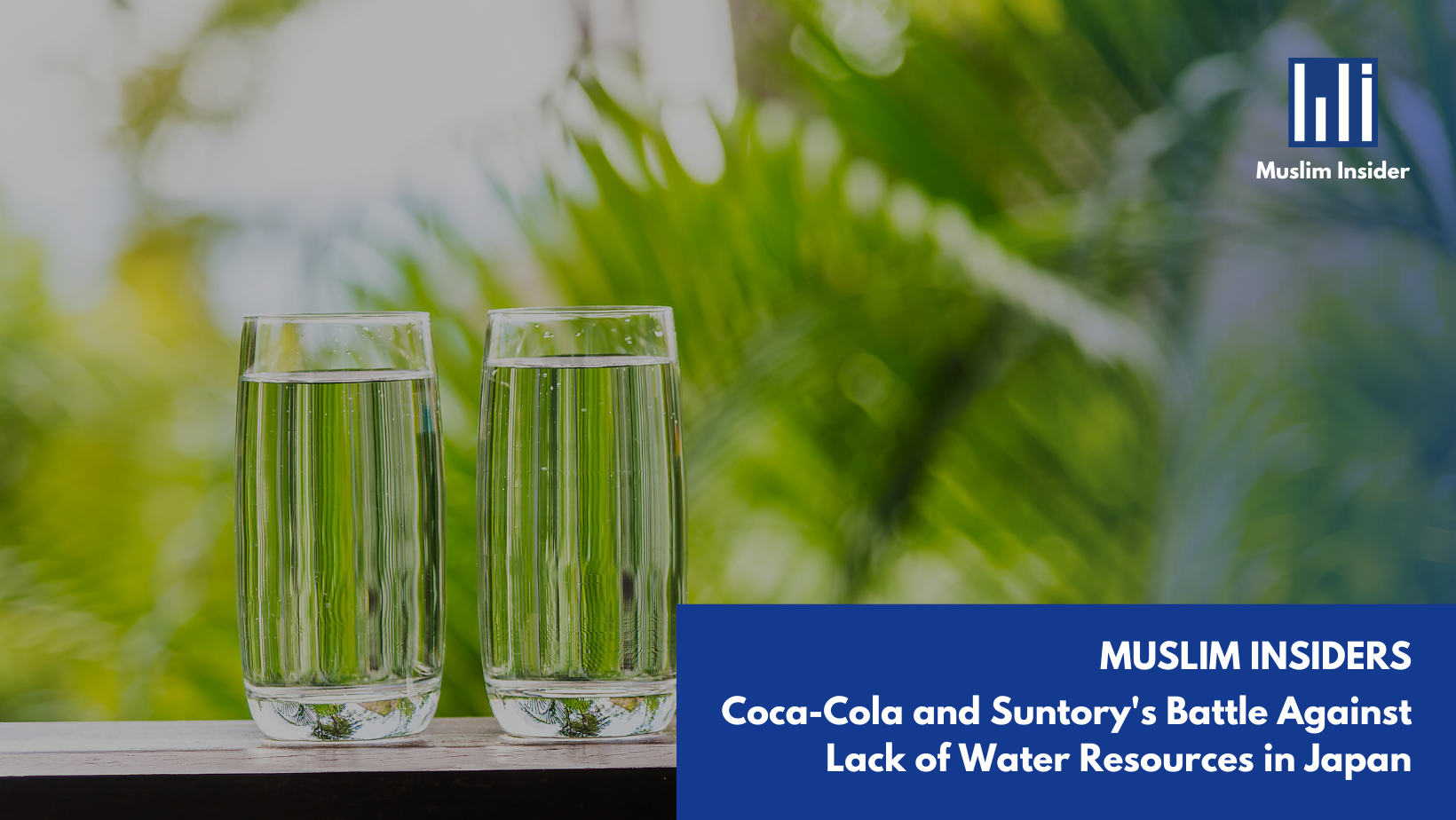Filipino Muslim Agency to Boost Halal Agro-Industry


The National Commission on Muslim Filipinos (NCMF) has put forward a comprehensive plan to build agro-industrial hubs specifically for halal products across the country, which is a big step toward growing the halal business in the Philippines. This ambitious project aims to foster the development of halal products for both internal consumption and international export while further opening up opportunities for economic growth.
Muslims in the Philippines constitute more than 6% of the over 110 million population, predominantly Catholic. They are mostly live on the island of Mindanao and the Sulu archipelago in the country’s south, as well as the central-western province of Palawan.
The NCMF, the organization in charge of managing Muslim affairs in the Philippines, sees the creation of halal agro-industrial hubs as a proactive step to help Manila’s efforts to increase its market share in the worldwide halal market. Hence, they are keen to support the Philippines’ halal agency as part of their mission to address the Islamic-related needs of Muslim communities as well as the national development goals.
“The implementation of halal agro-industrial hubs in the 17 regions across the country will produce halal food and non-food products for local consumption and for exportation,” NCMF spokesman Yusoph Mando told Arab News on Monday. He also said that halal agro-industrial hubs could increase job opportunities and livelihoods for unemployed Filipinos. Also, the country is to be considered a potential key player in the halal industry since the industry is growing due to its rich natural resources, strategic location, and growing population.
In February, the Philippines sent a special trade mission to Gulf Cooperation Council members with the goal of promoting halal-certified food produced in the Southeast Asian country. The Philippine Economic Zone Authority then declared in May that it will support the domestic halal market in order to take advantage of the rapidly expanding regional and international markets, which are estimated to be worth more than $7 trillion.
The government’s commitment to capitalizing on the economic potential of the halal sector is also emphasized. In July, President Ferdinand Marcos Jr. had a state visit to Malaysia and aimed to create alliances to enhance the Halal industry together. In the agreement, Malaysia committed to providing training for personnel and officials from the Bangsamoro Autonomous Region in Muslim Mindanao (BARMM), aimed at expanding the Halal industry in the Philippines.

Philippines and Malaysia collaborate to expand the halal industry (Image: Bernama)
With this initiative to foster the production of halal-certified products, it will also benefit not only Muslims but also other religions. The halal agro-industrial hubs have the potential to expand across the nation, including Luzon, the largest and most populous island in the Philippines.
Source: Halal Times, Arab News and BNN






